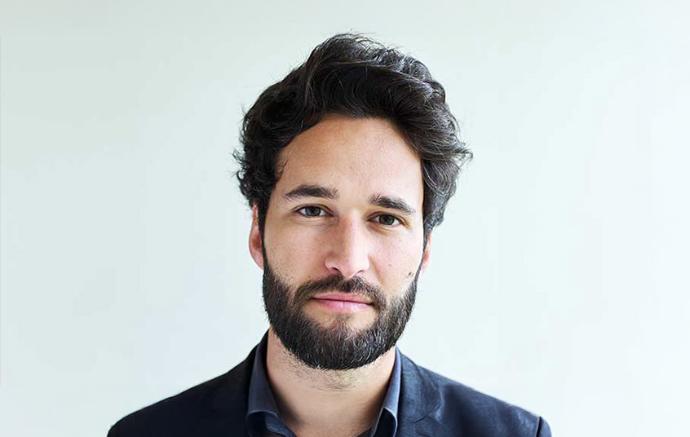Daniel Susskind equates the economy to a pie. It’s baked or produced, divided up for various purposes – and then consumed. Human work has always played a pivotal role in both production and distribution. But that’s now changing, believes Susskind, Professor of Economics at King’s College London: "We have solved one problem – how to make the pie bigger – but replaced it with another – how to make sure that everyone gets a slice. In a world with less work or even without work, it won't be clear how they get their slice."
At the Gottlieb Duttweiler Institute’s (GDI) 21st European Trend Day on 12th March 2025, the aim of Susskind’s keynote address "Highway to Heaven? How AI Transforms Society and Work" is to help find a solution to this problem. This much can be revealed at this stage – this isn’t a case of "transformation as usual" where new technologies also create new vacancies to replace the jobs lost due to structural change.
"Technological progress has previously always increased the size of the cake," explains Susskind. "The British pie, for instance, is more than a hundred times the size it was 300 years ago. Technological progress also changes the ingredients in the pie. So again, the British pie: 300 years ago, most people worked on farms, 150 years ago, in factories, and today, most people work in offices." There has always been sufficient time and opportunity for most of the workforce to participate in the transformation to new jobs and secure their own slice of the pie.

|
Daniel SusskindProfessor in Economics | ||||||||||
AI presents the world with an entirely new (luxury) problem
So is everything going to be different this time around? Daniel Susskind, whose bestseller "A World Without Work" (Metropolitan Books, 2020) explored this issue before ChatGPT even existed, believes that is an extremely likely scenario. The completely new dimension of the current transformation is that many of the new jobs being created by new technologies are no longer set to be performed by people, but rather by machine systems or software: Today, they make some human beings better drivers. But in the future, these systems, rather than complement human beings, will help the machines instead. Susskind points to driving as an example: While people are behind the steering wheel, navigation systems improve their driving. Once the software takes control of the vehicle, the sat-nav then only enhances the software, but not humans.
This means AI presents us with a problem that humanity has never faced before: how can we distribute wealth fairly if labour – our traditional distribution mechanism – is eliminated from the equation? Susskind believes this is a real problem, albeit a luxury one: "This is a far better problem to have than the one that haunted our ancestors for centuries: how to make that pie big enough in the first place. By and large, we've solved that traditional economic problem. Solving this problem (how to make sure that everyone gets a slice) is going to require us to think in very different ways."
Join us on 12th March 2025 at the 21st European Trend Day, where Daniel Susskind will explore how AI is transforming the world of work and what new approaches are needed to ensure fair distribution of prosperity.